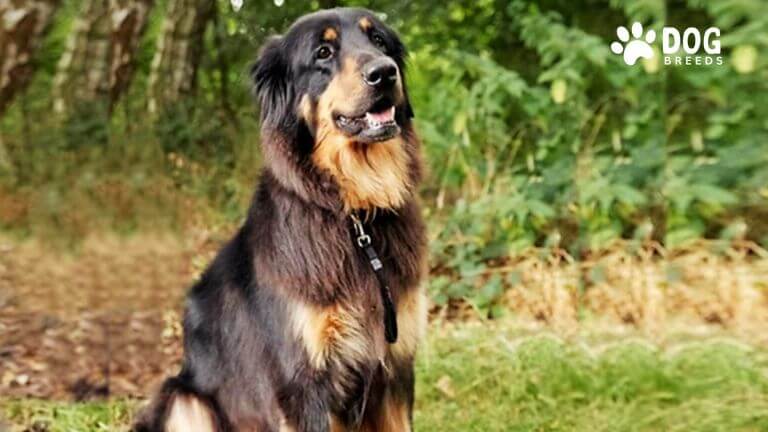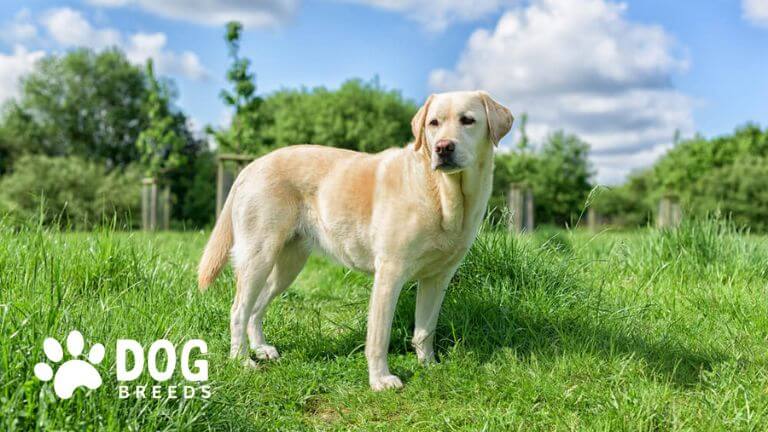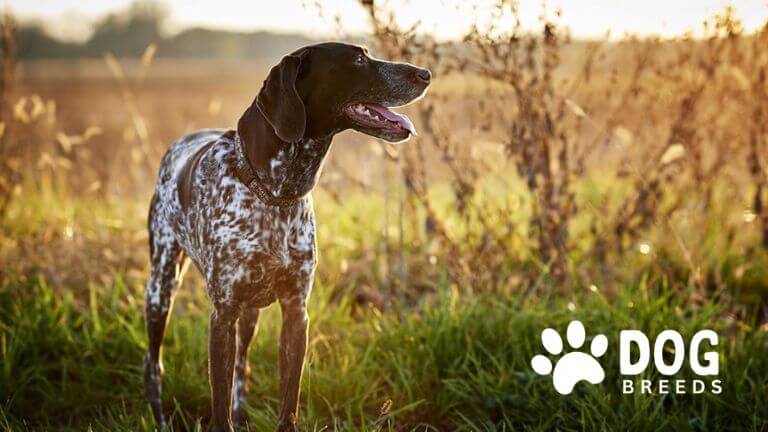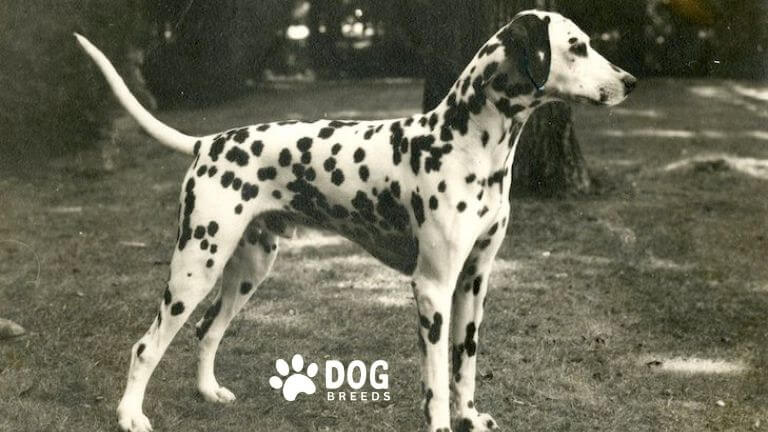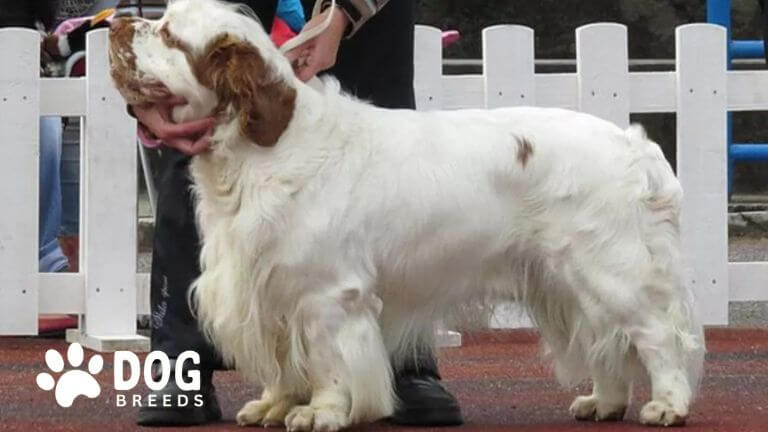Golden Rottie Dog – The Ultimate Guide to the Rottweiler-Golden Retriever Mix
The Golden Rottie Dog, also known as the Rottweiler-Golden Retriever Mix, is a fascinating hybrid breed that combines the strength, intelligence, and loyalty of the Rottweiler with the friendly, affectionate nature of the Golden Retriever. This designer dog has been gaining popularity among pet lovers due to its unique blend of protective instincts and a loving temperament, making it a great family companion and watchdog.
With the rising interest in mixed breeds, the Golden Rottie Retriever has become a sought-after pet for families, singles, and active individuals alike. But is this hybrid breed the right fit for you? In this in-depth guide, we will explore everything you need to know about the Golden Rottie Dog, including its origin, characteristics, temperament, training needs, health considerations, and more.
Whether you’re considering adopting a Golden Rottweiler mix or want to learn more about this unique breed, this comprehensive guide will answer all your questions.
Golden Rottie Dog Breed Overview
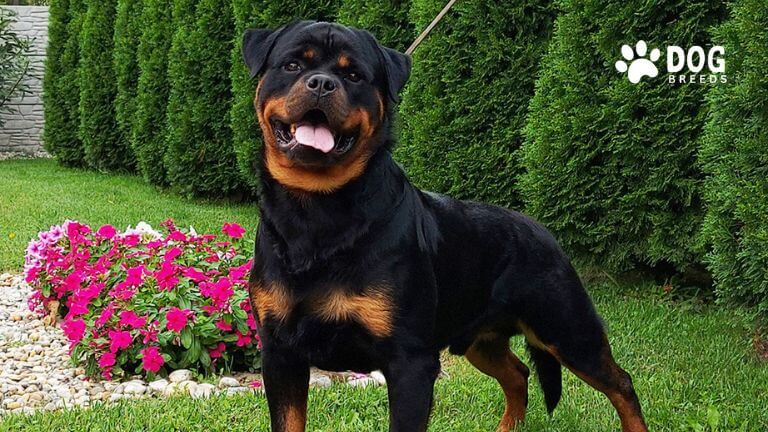
Parent Breeds – Rottweiler & Golden Retriever
Understanding the Golden Rottie Retriever begins with exploring its parent breeds, the Rottweiler and the Golden Retriever. Each breed contributes distinct traits, making their offspring a well-rounded and versatile dog.
Rottweiler: The Guardian Breed
- Origin: Germany (Roman Empire lineage)
- Primary Purpose: Guarding, herding, and police work
- Temperament: Protective, confident, intelligent, loyal
- Size: 22–27 inches tall, 80–135 pounds
Rottweilers are historically known as working dogs, initially bred for herding livestock and later used as guard dogs. They are muscular, powerful, and courageous, making them one of the top choices for security, military, and police work.
Golden Retriever: The Friendly Companion
- Origin: Scotland (19th century, bred by Lord Tweedmouth)
- Primary Purpose: Hunting, retrieving, companionship
- Temperament: Friendly, intelligent, affectionate, eager to please
- Size: 20–24 inches tall, 55–75 pounds
Golden Retrievers are one of the most popular dog breeds worldwide, known for their friendly nature, intelligence, and high energy levels. They excel in obedience training, therapy work, and search-and-rescue missions.
How These Breeds Complement Each Other in a Mix
The Golden Rottie Dog inherits the best traits from both breeds:
- Loyalty & Protection from the Rottweiler
- Friendliness & Playfulness from the Golden Retriever
- High Intelligence & Trainability from both parents
- Strong Work Ethic, making them suitable for guarding, companionship, and service work
The mix creates a well-balanced breed that is both a reliable guard dog and a loving family pet.
Physical Characteristics of the Golden Rottie Dog
| Attribute | Description |
|---|---|
| Size | Medium to large (22–27 inches, 60–100 lbs) |
| Coat Type | Medium-length, dense, wavy or straight |
| Coat Colors | Black, golden, tan, brown, or a mix |
| Eye Color | Brown, hazel |
| Lifespan | 10–12 years |
| Body Structure | Strong, muscular, well-built |
The Golden Rottweiler mix typically has a broad head, strong jawline, and a muscular frame, resembling the Rottweiler while having the softer facial expressions of a Golden Retriever. Their coat can range from short and dense to medium-length and wavy, requiring moderate grooming.
Temperament & Personality Traits
The Golden Rottie Dog is an affectionate, intelligent, and protective breed, making it ideal for families looking for a loyal companion.
Key Personality Traits:
- Loyal & Protective: Inherits guarding instincts from the Rottweiler
- Friendly & Social: Loves human interaction, thanks to the Golden Retriever genes
- Intelligent & Trainable: Responds well to commands and learning new skills
- Energetic & Playful: Requires regular physical and mental stimulation
- Good with Children & Pets: With proper socialization, they are excellent family pets
While Golden Rotties are generally friendly, their protective instincts can make them wary of strangers. Early socialization is key to ensuring they develop a well-balanced temperament.
- Standard Poodle Dog Breed: The Elegant Athlete of the Canine World - July 28, 2025
- Golden Retriever: The Ultimate Guide to a Beloved Canine Companion - July 22, 2025
- How Big Can Maine Coon Cats Get? - July 22, 2025

